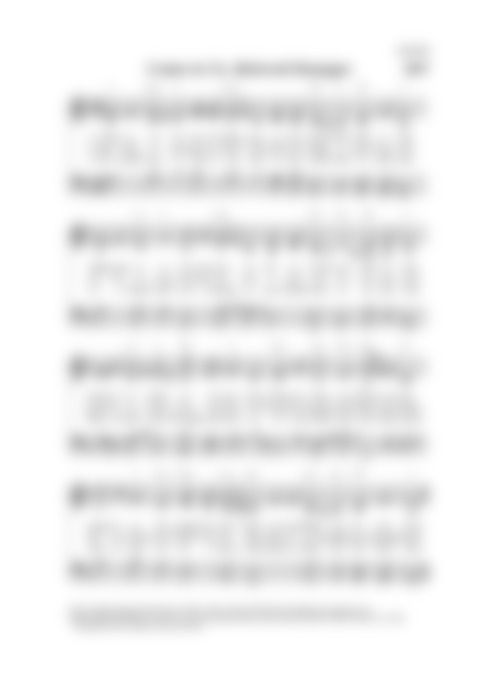207
Come to Us, Beloved Stranger
Copyright Information
- Text Copyright
- © 1998 Selah Publishing Company, Inc.
- Tune Copyright
- Harm. © 1958, ren. 1986 Broadman Press, admin. Music Services
· Tune - Public Domain
- Reprint/Projection Information
-
Scripture References
Further Reflections on Scripture References
This text, in contrast to other Easter texts which proclaim Christ’s cataclysmic victory over death and hell, speaks of Christ’s resurrected and renewed presence in our own despair, loss, and brokenness. It is a soul-nurturing portrait of and prayer to Jesus, who cares for his disciples in an intimate and personal way.
-Sing! A New Creation
Confessions and Statements of Faith References
Further Reflections on Confessions and Statements of Faith References
Easter hymns accomplish three functions: they recount the Easter narrative, proclaim our Easter hope, and celebrate our joy at Christ’s resurrection. This hymn is built on the professions of Easter truths that are expressed primarily in Heidelberg Catechism. Note especially the following:
- Lord’s Day 17, Question and Answer 45 declares that Christ’s resurrection makes us share in Christ’s righteousness, raises us to a new life by his power, and is a sure pledge to us of our resurrection.
- Lord’s Day 22, Question and Answer 57 comforts us to know that not only our soul but “also my very flesh will be raised by the power of God, reunited with my soul, and made like Christ’s glorious body.”
- Lord’s Day 22, Question and Answer 58 says that it may be a comfort to know that while experiencing the beginning of eternal joy now, “after this life I will have perfect blessedness such as no eye has seen, no ear has heard, no human heart has ever imagined: a blessedness in which to praise God forever.”
In addition, Our Song of Hope, stanza 5 professes: “On the day of the resurrection, the tomb was empty; His disciples saw Him; death was defeated; new life had come. God’s purpose for the world was sealed.”

You can view this hymn by purchasing it in our Lift Up Your Hearts mobile app.


Due to copyright restrictions,
we cannot display this hymn on our website or provide printable copies of it.